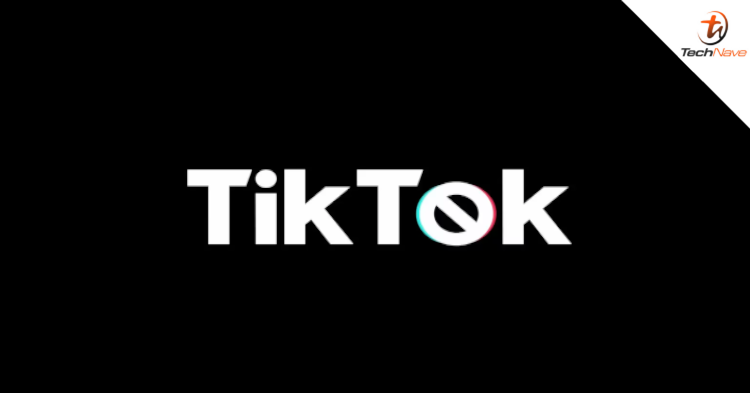
As part of Microsoft's new three-part initiative plan, Microsoft Corp CEO Satya Nadella have announced that the recently formed Microsoft Philanthropies will be donating $1 billion of Microsoft Cloud Services. The purpose is to give back to the public, and also to serve nonprofits and university researchers over the next three years.
“Microsoft is empowering mission-driven organizations around the planet with a donation of cloud computing services — the most transformative technologies of our generation,” said Microsoft CEO Satya Nadella, who on Wednesday will speak at the World Economic Forum in Davos, Switzerland. “Now more than 70,000 organizations will have access to technology that will help them solve our greatest societal challenges and ultimately improve the human condition and drive new growth equally.”
In September last year, a total of 193 heads of state and various world leaders have adopted 17 sustainable development goals to achieve by 2030. The goal – is to end poverty, hunger, and ensuring affordable, reliable and sustainable energy for everyone. This is why cloud computing has not only become important for science and technology; but also for economic and social challenges for better human services. To improve communications and problem-solving for organizations to work in a more productive and efficient manner, cloud computing is vital to unlock the secrets within the data so that new ways and breakthroughs can be realized.
“We’re committed to helping nonprofit groups and universities use cloud computing to address fundamental human challenges,” said Microsoft President Brad Smith. “One of our ambitions for Microsoft Philanthropies is to partner with these groups and ensure that cloud computing reaches more people and serves the broadest array of societal needs.”
Below are Microsoft's three-part initiative:-
- Serving the broad needs of the nonprofit community. A new global donation program will make Microsoft Cloud Services, including Microsoft Azure, Power BI, CRM Online and the Enterprise Mobility Suite, more available to nonprofit organizations through Microsoft Philanthropies. The program builds upon an already successful program that provides similar access to Office 365 for nonprofits. The nonprofit program for Microsoft Cloud Services will begin rolling out this spring, and Microsoft Philanthropies aims to serve 70,000 nonprofits in the next three years with these Microsoft Cloud Services.
- Expanding access to cloud resources for faculty research in universities. Microsoft Research and Microsoft Philanthropies will expand by 50 percent the Microsoft Azure for Research program that grants free Azure storage and computing resources to help faculty accelerate their research on cutting-edge challenges. Today this program provides free cloud computing resources for over 600 research projects on six continents.
- Reaching new communities with last-mile connectivity and cloud services. Microsoft Philanthropies and Microsoft Business Development will combine donated access to Microsoft Cloud services with investments in new, low-cost last-mile Internet access technologies and community training. By combining cloud services with connectivity and training, and focusing on new public-private partnerships, Microsoft Philanthropies intends to support 20 of these projects in at least 15 countries around the world by the middle of 2017.
In addition, Microsoft Azure platform is one of Microsoft's cutting-edge technology available and it's been relied by many organizations to focus on big challenges. Below are the initiatives that show the cloud computing's potential impact can have:
- Microsoft Research is working with the São Paulo Research Foundation (FAPESP) Biodiversity Research Program to understand how cloud forests work and study the impact of climate changes on the communities through the use of 700 wireless sensors, cloud technology and automated data-stream processing to.
- Through a partnership with the University of Texas at Austin called Project Catapult, Microsoft makes advanced cloud computing technology available to researchers that have demonstrated the ability to deliver lower power and cost, higher-quality results, or a combination of both.
- In Botswana, Microsoft is partnering with the Botswana Innovation Hub, Vista Life Sciences, the United States Agency for International Development and Global Broadband Solutions to assist Botswana, the University of Pennsylvania and the Ministry of Health in leveraging cloud-based health records management and Internet access enabled by use of TV white spaces to remotely deliver specialized medicine, including cervical cancer screenings to women at rural healthcare clinics.
“Access to technology is critical to the operations and services of NetHope and its 44 humanitarian nonprofit member organizations,” said NetHope CEO Lauren Woodman. “The power of cloud computing will create exponential value for all we do to serve the millions of people in our communities around the world.”


















COMMENTS